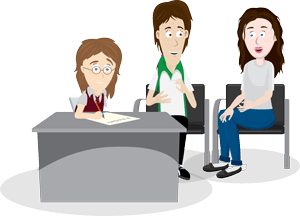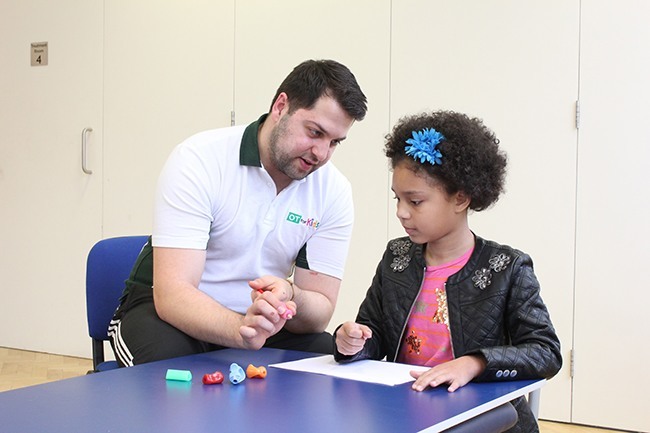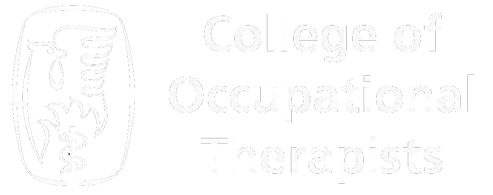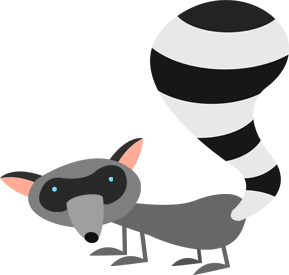
Adaptive Equipment
An occupational therapist can offer advice and education surrounding adaptive equipment that may help your child improve their function. The purpose of adaptive equipment is to enable your child to function in daily occupations independently. Daily occupations is a term used to describe the main activities children complete on a regular basis, these activities provide meaning and happiness to a child's life.
Some Examples include:
- Getting dressed
- Tying shoelaces
- Playing with building block style games
- Moving around the school/home environment
- Playing in the playground
- Eating
Rather than aiming to restore active function in both the muscles and the mind, the adaptive aids and equipment approach would provide instant and lasting results of improved function. The adaptive equipment compensatory approach can be used across all conditions, ages and abilities. This leads it to being a common approach taken by nearly all occupational therapists, both private and in the NHS.
However as with anything, there are advantages and disadvantages to all approaches to therapy and this is no different, the disadvantages of taking a purely compensatory approach is that the child will not recover any lost muscle tone, strength or control through equipment. In most cases our therapists will use their clinical judgement and combine various approaches to ensure the best level of care for your child.
Common Adaptive equipment used in paediatric Occupational Therapy
- Adaptive cutlery
- Seating adaptations
- Pencil grips
- Adaptive pens
- Splints
- Writing boards
- Adaptive eating aids
- Dressing aids
- Grip strength aids
Summary
In summary an occupational therapist can offer advice and education surrounding adaptive equipment that may help your child improve their function. The purpose of adaptive equipment is to enable your child to function in daily occupations independently. An adaptive aid is a term used to describe modified objects in order to enhance the person�s ability to complete daily activities. Some of the difficulties we help with are getting dressed, eating and writing. If your child is struggling in any of these or other areas and you would like some help, please email office@otforkids.co.uk or call us on 0330 223 0888

 Next steps:
Next steps:Please contact one of our experienced occupational therapists today and we will gladly discuss how we can help and what services we can offer you.
- 0330 223 0888
- office@otforkids.co.uk
- 2 Hagley Rd, Salford M5 3EY [map]







 OT for Kids have been a great help in aiding my son Jake with coping with his dyspraxia both at home and in school. They came out to our house and completed the assessment at home.
OT for Kids have been a great help in aiding my son Jake with coping with his dyspraxia both at home and in school. They came out to our house and completed the assessment at home.






